Areas of Expertise
The Environment Technology Section has a qualified and experienced team of engineers and scientists who undertake consultancy and research on wastewater treatment, mitigation of air pollution of industries, and preparation of Environmental Impact Assessments. Environment Technology Section is a registered consultant of the Central Environment Authority (CEA) of Sri Lanka. It plays a key role in industrial pollution control by undertaking projects to develop innovative, demand driven technologies and finding effective information to catalyze industrialization. This division strives to provide effective solutions to industries to minimize environmental pollution problems through responsible pollution prevention approach. Apart from providing Best Practicable Technology (BPT) for local industries, the Environment Technology arm of the ITI is a trusted advisor to the Sri Lankan government on policy regarding sustainable development activities.

Expert areas
- Industrial Pollution Control
- Wastewater Treatment
- Air Pollution Control
- Solid and Hazardous Waste Management
- Indoor Air Quality Control
- Environment Management
- EIA/IEE Studies
- Environmental Feasibility Reports
- Cleaner Production
- Energy Management
- Energy Assessment and Auditing
- Flue Gas Analysis, Boiler Tuning and Incinerator Tuning
- Air Dispersion Modeling
- Risk Assessment of Chemical Leakages and Spillages
- Total Waste Management Plan
Services Offered

- Flue Gas Analysis
- Indoor Air Quality measurement
- Opacity measurements
- Duct velocity measurement
- Outdoor total VOC measurement
- Soil hydraulic conductivity testing
- Ambient Air Quality Monitoring
Trainings Offered

- On-site /Off -site training programs on wastewater treatment plant operation and Boiler operation
- Training on Energy Auditing
Contribution for Environmental Guidelines
- Pollution control Guidelines for Small Scale industries in Sri Lanka: Pollution control Guidelines for Bakery sector industries in Sri Lanka, publish by CEA.
- Guidelines for Disposal of Liquid Hazardous Waste from Hospitals and other laboratories in Sri Lanka (to be published by CEA).
National Important Services
Advisory service for governmental organizations in formulating and implementing of Environmental Policy and Regulations.
Related Projects
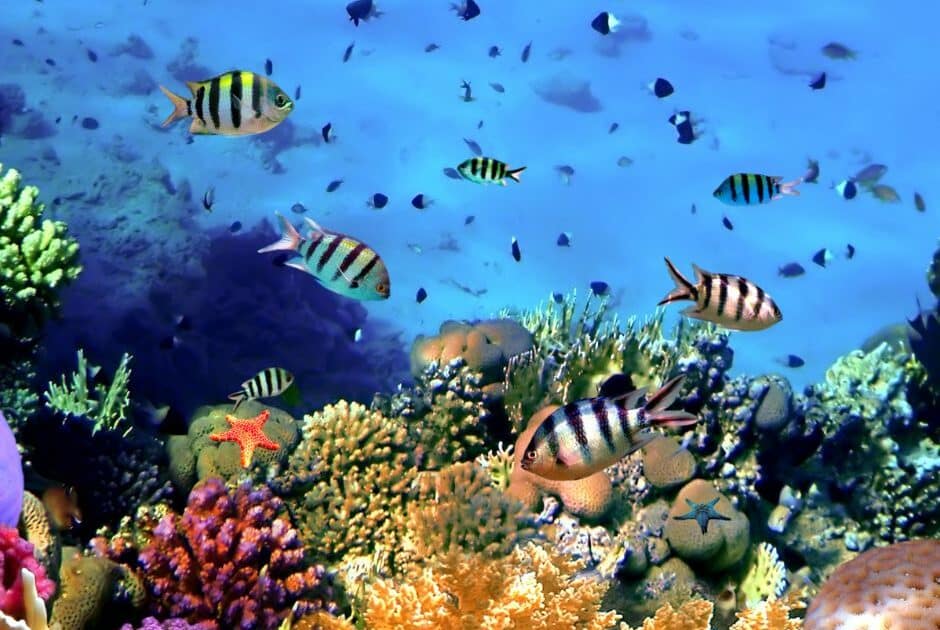
Study the distribution and quantification of microplastics and the accompanied pollutant assemblages in the aquatic environments in Sri Lanka.
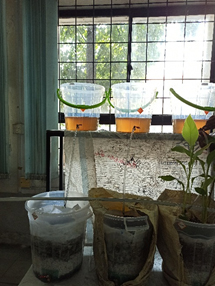
Application of an integrated solution for laboratory wastewater treatment in Sri Lanka.
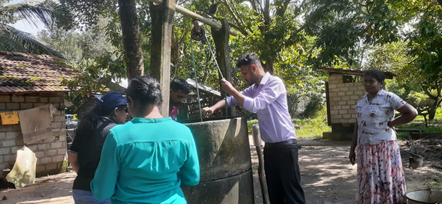
Impact of water quality parameters on chronic kidney disease of unknown etiology (CKDu): A quantitative study using selected well water samples in Northern Province.
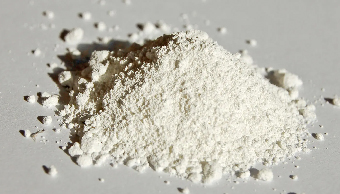
A stable composite based on titanium dioxide and clay as an effective photocatalyst for wastewater treatment.

Evaluation of impacts of Agrochemicals on Grape tree and Grape cultivating soil and water; study of Heavy metals, Nitrate and Phosphate content.
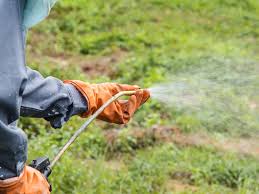
Study on the environmental fate of Glyphosate and its major metabolite Aminomethylphosponic acid (AMPA) in soil, sediment and water sources in wet zone of Sri Lanka.
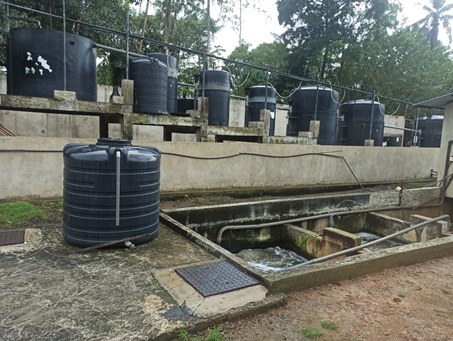
Application of anaerobic digestion for the treatment of poultry processing wastewater and determination of Methane emission factor.
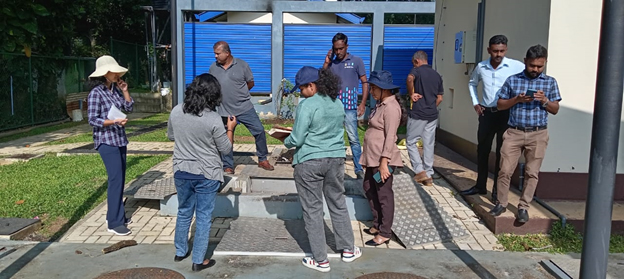
Development of a technical guideline to facilitate appropriate disposal of wastewater in the industries those are facing the limitation of meeting 1 : 8 dilution in the receiving waters.